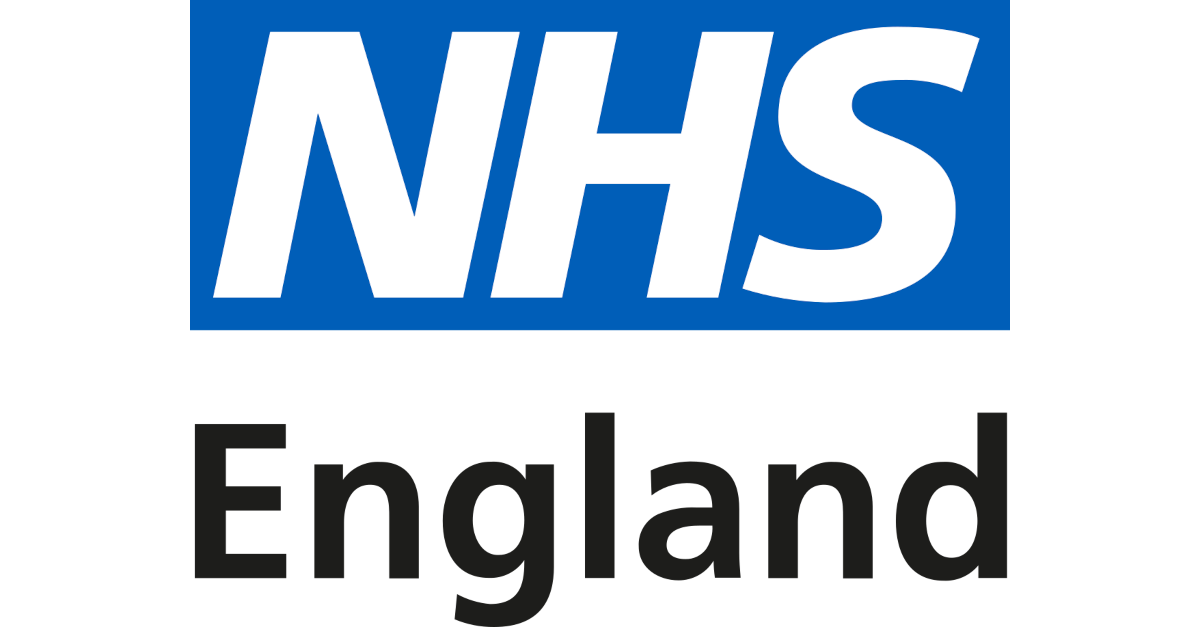More than a thousand patients living with bladder cancer every year can now receive a breakthrough treatment that can double survival rates from the disease.
The treatment which has been approved for use on the NHS from today has been hailed as ‘one of the most hopeful advances in decades for people with bladder cancer.’
Around 1,250 patients with bladder cancer in England a year could be offered the therapy, which significantly boosts survival and remission rates.
In clinical trials of the drug, people with bladder cancer that had spread (metastasised) lived up to twice as long when given the combination antibody treatment compared to those given normal chemotherapy.
The combination treatment works by using a powerful two-pronged attack, with enfortumab vedotin directly targeting the cancer cells and killing them, while pembrolizumab, an immunotherapy drug, helps the immune system recognise and fight the remaining cancer cells.
It is given via an IV infusion to people whose bladder cancer has spread to other parts of the body or cannot be surgically removed.
Bladder cancer is difficult to treat with standard chemotherapy, with life expectancy for people with metastatic bladder cancer at just over a year.
The new approach increased survival from around 1.5 years with chemotherapy to more than 2.5 years.
The length of time the treatment kept the cancer at bay also more than doubled – from just over 6 months to 1.5 years.
Additionally, nearly 30% of patients had no detectable traces of cancer in their body following treatment with enfortumab vedotin and pembrolizumab, compared to 12.5% with chemotherapy.
Patients also experienced fewer harmful side effects with the combination treatment, thanks to its selective targeting of the cancer.
Professor Peter Johnson, NHS England’s National Clinical Director for Cancer, said: “This is one of the most hopeful advances in decades for people with bladder cancer who will now be offered a treatment that can almost double their chances of survival, helping thousands to live longer and giving them more precious moments with their loved ones.
“Bladder cancer is often difficult to treat once it has spread, but this new therapy is the first one in years to really help stop the disease in its tracks, and our rollout to NHS patients will make a huge difference to the lives of those affected and their families”.
Martyn Hewett, 75 years old, from Stratford, East London, received the combination treatment on a trial at Barts Health NHS Trust after surgery to remove his tumours failed.
He said: “I feel very, very lucky, because if I hadn’t been on this trial, I imagine I would be dead by now.
“Immediately after the operation that failed, I asked the doctor what the prognosis was, and he said, most people in your position live for a year, and now, three and a half years later here I am.
I am going to have an extra few years to see my grandson grow up – and maybe even be around to see him get married”.
More than 10,000 people are diagnosed with bladder cancer each year in the UK.
Bladder cancer can be difficult to treat as it can be asymptomatic, especially in its early stages – and once it spreads beyond the bladder, it can be aggressive and more resistant to chemotherapy.
The treatment has been made available thanks to commercial deals struck by NHS England with manufacturers Astellas Pharma and MSD UK, which enabled the National Institute for Health and Care Excellence (NICE) to deem it cost-effective.
The rollout is the latest in a series of NHS innovations in cancer care, following the adoption of belantamab mafodotin for blood cancer, the fast-tracking of pembrolizumab for advanced womb cancer, and the launch of mRNA vaccine trials for head and neck cancers.
It shows the NHS continuing to raise the bar in cancer care by embracing the latest innovation and offering the hope of longer and healthier lives.
Minister for Health, Stephen Kinnock said: “For people with cancer, every moment matters.
“This breakthrough treatment will give people precious extra time with their families. This is exactly what modern healthcare looks like – saving lives by providing access to the best support available.
“Through our Plan for Change, we’re turning the tide after years of cancer services being run into the ground and delivering the world class treatments people to deserve, that will create an NHS fit for the future”.
Jeannie Rigby, CEO of Action Bladder Cancer UK, said: “ABC UK, bladder cancer patients and their families welcome this effective, and much-needed, alternative treatment. This new treatment can increase how long people have before their cancer gets worse and how long they live compared with current treatments available – while also providing a better quality of life with less adverse side effects”.
Dr Tim Patel, Medical Director for the UK at Astellas Pharma, said: “For many decades, most patients with unresectable or metastatic bladder cancer have initially been given platinum chemotherapy, which works by damaging the DNA of all fast-multiplying cells (including cancer cells) throughout the body. Enfortumab vedotin offers a different approach by including an antibody designed to directly attach to bladder cancer cells and deliver a chemotherapy payload into those cancer cells.
“In combination with pembrolizumab, enfortumab vedotin has been shown to double survival versus platinum chemotherapy with a manageable side effect profile. We are proud to have worked with NICE and the NHS to make the combination of enfortumab vedotin and pembrolizumab available to eligible patients across England and Wales”.
Benson Fayehun, Head of Oncology at MSD in the UK, said: “We welcome NICE’s decision to recommend this treatment for advanced bladder cancer – a condition where patients have long faced limited options and poor outcomes. The findings from the EV-302/KN-A39 study, which suggest the potential to nearly double both progression-free and overall survival, mark a significant step forward. This recommendation offers patients and clinicians a much-needed alternative care option”.
Professor Thomas Powles, Chair of the Barts Cancer Centre at St Bartholomew’s Hospital, who led the research, said: “This treatment is a major step forward for people with advanced bladder cancer, with outcomes twice as effective as previous chemotherapy. At Barts Health, we’ve seen patients on this trial gain lasting benefit, bringing real hope to thousands facing this aggressive disease”.
Background
- Trial results included in the release available here: Enfortumab Vedotin and Pembrolizumab in Untreated Advanced Urothelial Cancer | New England Journal of Medicine
- The global phase 3 trial EV-302 was an open-label, randomised trial to compare the efficacy and safety of enfortumab vedotin with pembrolizumab (EV/P) against platinum-based chemotherapy in patients with previously untreated locally advanced or metastatic urothelial carcinoma. Progression-free survival and overall survival were assessed.
- 886 patients took part in the trial.
- Enfortumab vedotin is an antibody drug conjugate and pembrolizumab is an immunotherapy drug.
- The main symptoms of bladder cancer include blood in the urine, changes in urination habits like increased frequency, and pain or burning during urination. Less common symptoms include lower back pain, bone pain, loss of appetite and unexplained weight loss.
Key results
- Overall survival was 31.5 months with EV/P and 16.1 months with chemotherapy.
- The risk of disease progression or death was reduced by 55% with EV/P over chemotherapy.
- Progression free survival was 12.5 months with EV/P and 6.3 months with chemotherapy.
- Estimated percentage of patients alive at 12 months was 78.2% for EV/P and 61.4% for chemotherapy.
- Percentage of patients with a complete response was achieved in 29.1% with EV/P compared with 12.5% on chemotherapy.







